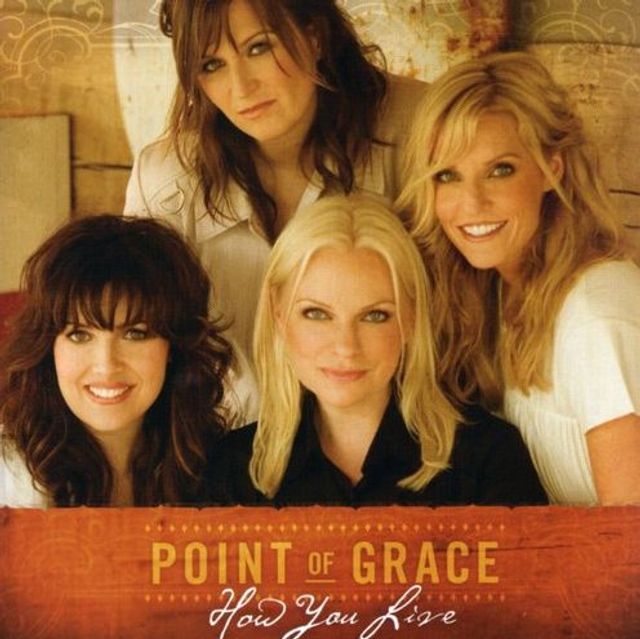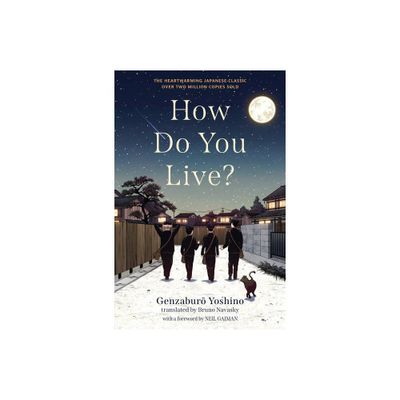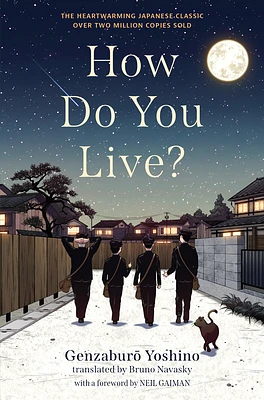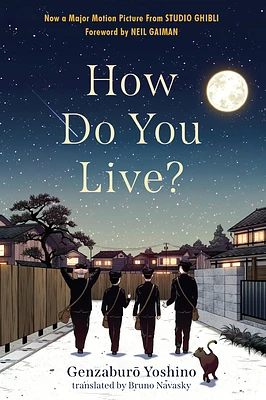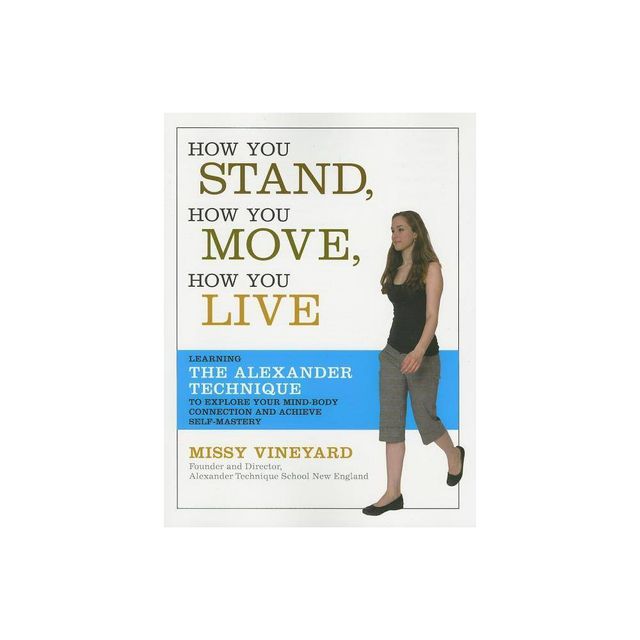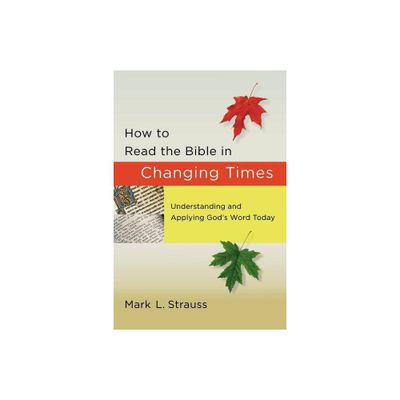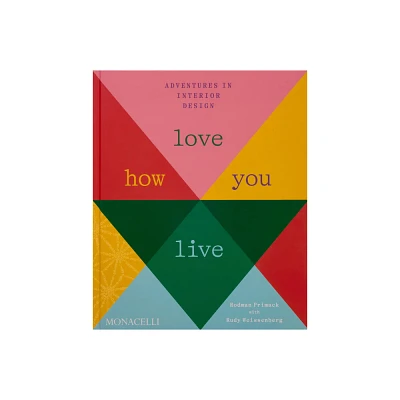Home
What If . You Lived 300 Years: How to Live with Resilience Changing Times
Loading Inventory...
Barnes and Noble
What If . You Lived 300 Years: How to Live with Resilience Changing Times
Current price: $24.99


Barnes and Noble
What If . You Lived 300 Years: How to Live with Resilience Changing Times
Current price: $24.99
Loading Inventory...
Size: Paperback
*Product Information may vary - to confirm product availability, pricing, and additional information please contact Barnes and Noble
What If . . . You Lived 300 Years?
presents a point of view, developed after exploring the outlook of centenarians, of
how to live with resilience in changing times
. It promotes an attitude of optimism, curiosity and wonder. Join me as we explore a life filled with possibilities, fateful and pragmatic, along with scientific discoveries that cause us to ponder what awaits us in the 21st century.
Each chapter is beautifully illustrated in color along with questions to reflect upon.
Read an excerpt:
Chapter 14 - The Transitional Generation
Now, allow me to muse a little, as I consider the possibility of us extending our lifespans. What if we could
really
live to be 150 or 200 years, as mentioned in a previous chapter? How would we be impacted personally and socially? We would be the Transitional Generation, the generation that would have to re-examine our beliefs about what we have been taught to expect from our lives, and to now consider a new life filled with new opportunities.
...... Again, no one has had to really think about longevity before!!! We now have to consider our extended lives, and considering this sooner rather than too late in the game seems necessary. More than aging to 100, we now must consider how to do this gracefully, fully consciously, knowing that we will be active longer than past generations ever had to consider.
We would have to assume, as was the case with the centenarians, that we would be in good health to live that long. If we focus on staying healthy, we will be able to benefit from the advances that are here now and also on the horizon.
We would re-examine our attitude about ourselves and about how we view the future. We would consider the quality of our lives moving forward, working fulfilling careers, exploring new activities, remaining curious with the "beginner's mind" and seeing the world with fresh eyes.
The Transitional Generation would have to re-examine its current beliefs. With our extended health and lifespan, we would have to take a new view of our future. We would have to change our ideas, such as, when I retire (from this job that I am tired of) I will be able to do the things that I've always wanted to do (such as travel, buy a boat, or begin a new hobby.) Instead, we would realize that
our life
is about finding ways to live life to the fullest,
now.
Not settling for unsatisfying employment, but instead, having an occupation that allows us to thrive as human beings.
To live in a society where an elder's insight, knowledge, and understanding is valued, where personal development is encouraged, will benefit the whole of society.
A final comment with respects to longevity and living responsibly was made by Steve in our focus group: "If we had to live in the world that we are creating, we may feel prompted to find solutions to its problems."
presents a point of view, developed after exploring the outlook of centenarians, of
how to live with resilience in changing times
. It promotes an attitude of optimism, curiosity and wonder. Join me as we explore a life filled with possibilities, fateful and pragmatic, along with scientific discoveries that cause us to ponder what awaits us in the 21st century.
Each chapter is beautifully illustrated in color along with questions to reflect upon.
Read an excerpt:
Chapter 14 - The Transitional Generation
Now, allow me to muse a little, as I consider the possibility of us extending our lifespans. What if we could
really
live to be 150 or 200 years, as mentioned in a previous chapter? How would we be impacted personally and socially? We would be the Transitional Generation, the generation that would have to re-examine our beliefs about what we have been taught to expect from our lives, and to now consider a new life filled with new opportunities.
...... Again, no one has had to really think about longevity before!!! We now have to consider our extended lives, and considering this sooner rather than too late in the game seems necessary. More than aging to 100, we now must consider how to do this gracefully, fully consciously, knowing that we will be active longer than past generations ever had to consider.
We would have to assume, as was the case with the centenarians, that we would be in good health to live that long. If we focus on staying healthy, we will be able to benefit from the advances that are here now and also on the horizon.
We would re-examine our attitude about ourselves and about how we view the future. We would consider the quality of our lives moving forward, working fulfilling careers, exploring new activities, remaining curious with the "beginner's mind" and seeing the world with fresh eyes.
The Transitional Generation would have to re-examine its current beliefs. With our extended health and lifespan, we would have to take a new view of our future. We would have to change our ideas, such as, when I retire (from this job that I am tired of) I will be able to do the things that I've always wanted to do (such as travel, buy a boat, or begin a new hobby.) Instead, we would realize that
our life
is about finding ways to live life to the fullest,
now.
Not settling for unsatisfying employment, but instead, having an occupation that allows us to thrive as human beings.
To live in a society where an elder's insight, knowledge, and understanding is valued, where personal development is encouraged, will benefit the whole of society.
A final comment with respects to longevity and living responsibly was made by Steve in our focus group: "If we had to live in the world that we are creating, we may feel prompted to find solutions to its problems."
